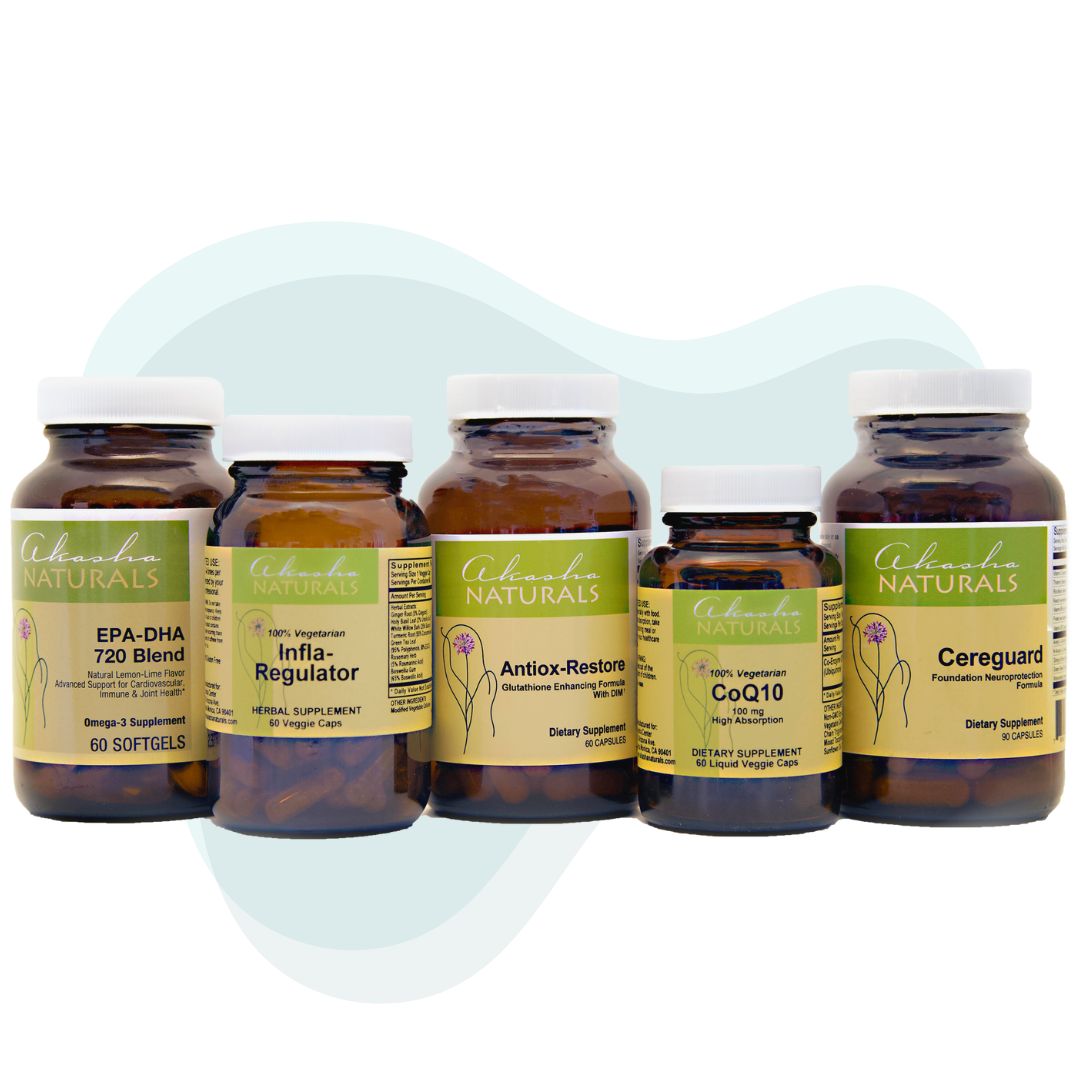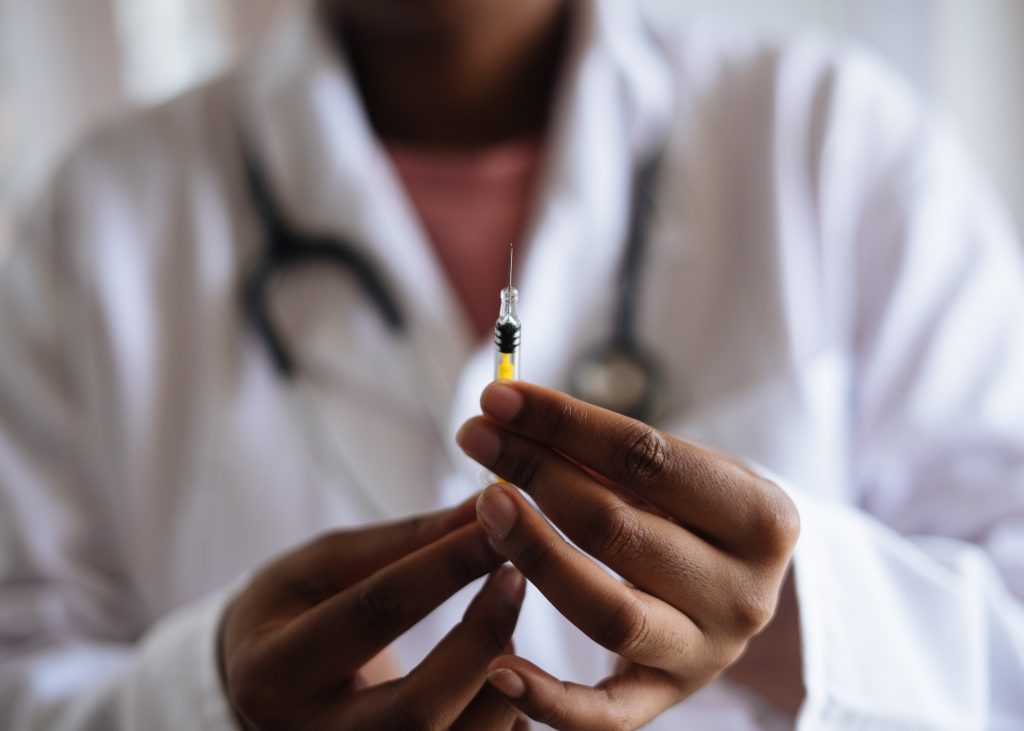Testing for the safety and efficacy of vaccines can be a daunting, expensive, and time-consuming task. That is why we usually only hear about a particular vaccine in the news when the trials have been completed and safety and scientific evidence are presented for final approval.
However, the relentless interest in a COVID-19 effective vaccine has consumed the airwaves and our psyches for the last nine months. No matter which way we turn, we find both scientific and dangerous rumors about the vaccine widely spread. For example, the other day, a very sensible and smart patient of mine announced that there was no way she would ever take the vaccine. She said she knows that the government will insert a vaccine device to track humans. Why? I asked. “because they want to control the earth’s population,” she replied.
Typically, the development of a vaccine takes years as it has to go through multiple clinical trials. A clinical trial consists of three phases. The first two test the vaccine’s safety, while the third phase happens when the vaccine is proven safe. There are usually fewer adverse events in Phase 3 trials as compared to Phase 1 and 2 trials. This third phase recruits many more volunteers than the first two phases. With phase three covid-19 vaccine trials in effect, pharmaceutical companies working on the vaccine recruited volunteers in the thousands to take place in the trial. The number of volunteers is vastly higher than is usual for a phase three clinical trial drug experiment. So, why recruit that many more volunteers? The rationale being that the trials would go faster, leading the vaccine to be available to the public sooner than expected.
However, what may be somewhat controversial is that volunteers are given a denatured form of the virus via a “Messenger RNA (mRNA) mechanism. This is a new, never used before technique to make a vaccine. The hypothesis is that this new technique would allow for the vaccine to be available much sooner time than average.
Volunteers in one group are given the vaccine, while volunteers in another group receive a placebo. Then, the patients will be deliberately “infected” with the genetic material of the virus covid-19 via the mRNA, and their symptoms observed and monitored to test the efficacy of the vaccine. For a respiratory disease like covid-19, the FDA needs an efficacy rate of at least 50% to approve a vaccine.
Despite this unprecedented rush, we will probably not get an answer of how well the vaccine works for a least another 2-6 months, maybe longer. The competing pharmaceutical companies, including Pfizer, Moderna, AstraZeneca, Johnson & Johnson, and Novavax, have been at the forefront of the competition.
Pfizer – an American company in partnership with BIOTECH, a small German pharmaceutical company, concluded its Phase 3 clinical trials two weeks ago. According to the companies, they have met all efficacy endpoints and reported a 94% efficacy. The vaccine has just been approved in England. This has added to the already on-going pressure on the CDC to approve it soon as well.
Here is a summary of their findings:
- Primary efficacy analysis demonstrates to be 95% effective against COVID-19 beginning 28 days after the first dose;170 confirmed cases of COVID-19 were evaluated, with 162 observed in the placebo group versus 8 in the vaccine group.
- Efficacy was consistent across age, gender, race, and ethnicity demographics; observed efficacy in adults over 65 years of age was over 94%
- Safety data milestone required by the U.S. Food and Drug Administration (FDA) for Emergency Use Authorization (EUA) has been achieved.
- Data demonstrate vaccine was well tolerated across all populations with over 43,000 participants enrolled; no severe safety concerns observed; the only Grade 3 adverse event more significant than 2% in frequency was fatigue at 3.8% and headache at 2.0%
- The companies expect to produce globally up to 50 million vaccine doses in 2020 and up to 1.3 billion doses by the end of 2021
Moderna, a biotechnology company also pioneering messenger RNA (mRNA), announced on Nov 30th that the primary efficacy analysis of the Phase 3 study conducted on 196 cases:
94.1 efficacy observed at the first interim analysis.
- Moderna also plans to request an Emergency Use Authorization (EUA) from the U.S. Food and Drug Administration (FDA) and conditional approval from the European Medicines Agency (EMA).
- The Phase 3 study, known as the COVE study, enrolled more than 30,000 participants in the U.S. in collaboration with the National Institute of Allergy and Infectious Diseases (NIAID).
- The National Institutes of Health (NIH), the Biomedical Advanced Research and Development Authority (BARDA), part of the Office of the Assistant Secretary for Preparedness and Response at the U.S. Department of Health and Human Services were also collaborators.
However, the out of control pandemic, together with the vaccine’s politicization, has led many people to question the vaccines’ safety due to an unprecedented rush to get it approved. The question of who will get the vaccine first is also on everyone’s mind. So far, the consensus is that
health care professionals and nursing home patients will be given priority. The idea is to get life back to normal as soon as possible, even if it means somehow shortcutting the science.
Being in the front line of this flight since the beginning of the pandemic, I urged my patients to focus on science instead of feeding the increasing amount of dangerous conspiracy rumors circulating in our country and the world. Believe in the scientific process. It’s the foundation of good medicine. Following the current scientific recommendations, not rumors or conspiracy theories will help you make a sound decision about whether or not you will take the vaccine. And remember, we’re in it together
Author:
Founder and Medical Director, the Akasha Center for Integrative Medicine in Santa Monica, California. His passion in medicine is “to meet his patients before he meets their diseases.” You Can schedule an appointment with him by calling 310-451-8880 or emailing us at info@akashacenter.com.








